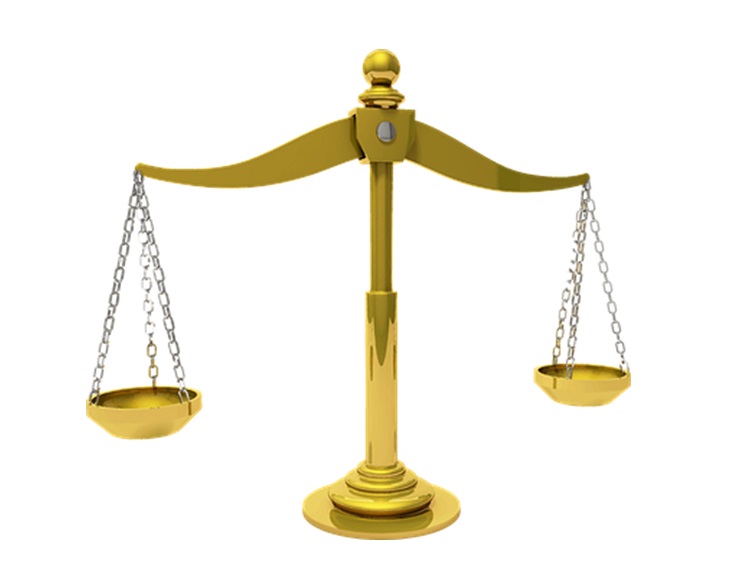Filing Defective Product Claim

Every buyer expects that whatever product they purchase is safe for use. This is not always the case; sometimes, companies are out there to make profits.
There are many defective products present in the market; some whose manufacturers get information about their risks but fail to recall them.
Anyone who uses such a product may be exposed to a high risk of suffering injuries or harm of any kind.
If a product has injured you, you may hold the company or the manufacturer liable for the harm.
For a successful case, you need to understand the types of defective product liability claims and how you can prove such claims.
Types Of Defective Product Claims
In any given case, you will only deal with three types of defective product liability claims as follows:
- Defectively manufactured products: This involves a product being manufactured with errors. Unfortunately, a significant number of customers are not aware of a defective product during purchase. It’s considered a manufacturing defect because the manufacturer may use the wrong product parts or assemble parts wrongly or even use harmful chemicals when manufacturing. Such errors may lead to personal injury. An example could include missing parts in a product.
- Defectively designed products: The errors arise from design. It doesn’t matter whether the product was manufactured correctly according to the proper specifications. An example would be the model of a car, e.g., SUVs which are prone to rollovers. For such a claim, you have to show the defective design led to harm or your injuries.
- Lack of adequate warnings: Every product sold must have sufficient warning to consumers. If a manufacturer knew their product had issues on usage that are not obvious to the user, an adequate warning should be given. Failure to provide instructions gives rise to legal action.
An example would include having a medical prescription issued without indicating whether it reacts if mixed with other drugs. You would have a claim if you suffered from side effects after consuming the drug in such a case.
Filing a claim under the above requires one to have legal information on dealing with defective products.
If wondering which type of defective claim applies to your case, you can choose Ssfirm for legal advice.
How To Prove A Product Liability Claim
If you think you have a defective product liability claim, you need some legal advice on proving such for compensation.
These cases are complex. They are better handled by a lawyer who understands product liability claims. To have a successful claim, you need to show:
- You suffered due to a defective product: The product causing harm should be defective. You can seek more help to show how this happened. And this would depend on the type of claim you will file. One of the most challenging parts would be to show a product had a defective design. It’s not easy to prove that a design was unreasonably defective.
- What injuries or losses you suffered: You have to show what injuries or losses resulted from the use of the product. This is the most important thing to show for your claim.
- You used the product as per the instructions: You will need to show that whatever was labeled on the product was not enough. Your case may be based on the fact that an ordinary consumer would have used such a product in a way deemed fit by the manufacturer.
You Can File Your Claim Under Strict Liability
In some cases, one may file a claim under strict liability rules. This means that regardless of whether the manufacturer or anyone responsible, conduct fell below standards.
The rule is commonly used in product defect cases. Your lawyer may advise you on whether to file a strict liability claim. To win such a case, you will need to show that:
- The product you used was unreasonably dangerous from design to its sale.
- The seller intended the product to be used in such a state.
- The product injured you.
Note that even if the concept is not concerned with whether the liable party met or failed to uphold the standard of care, liability is not apparent. The defendant may pin you down by proving that you knew or should have known that the product was dangerous. Or you also contribute to your harm since you used the product against how it was to be used.
Another argument could be that a third party interfered with the product
Strict liability cases are complicated. It would be better to seek legal help from a product liability lawyer.
To file such a claim, you need first to determine who may be liable for your injuries. Some common defendants include manufacturers, suppliers, retailers, etc.
You should not suffer as a result of using a defective product; you need to be compensated.
Such a lawyer can help you learn more about product liability claims and advice on the validity of your claim.